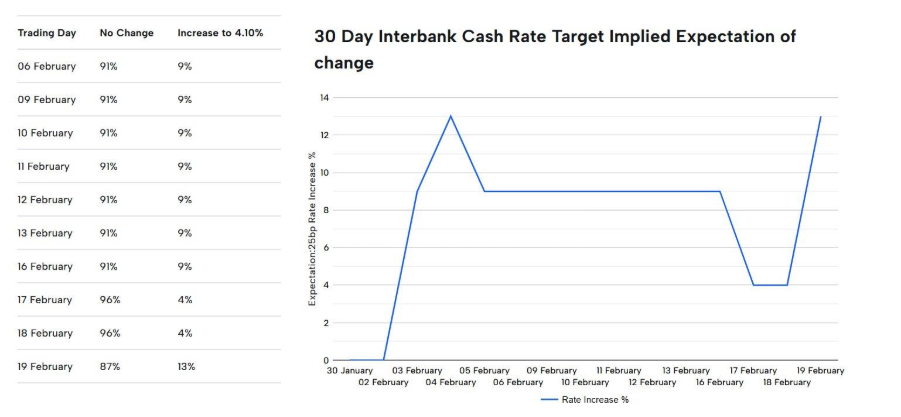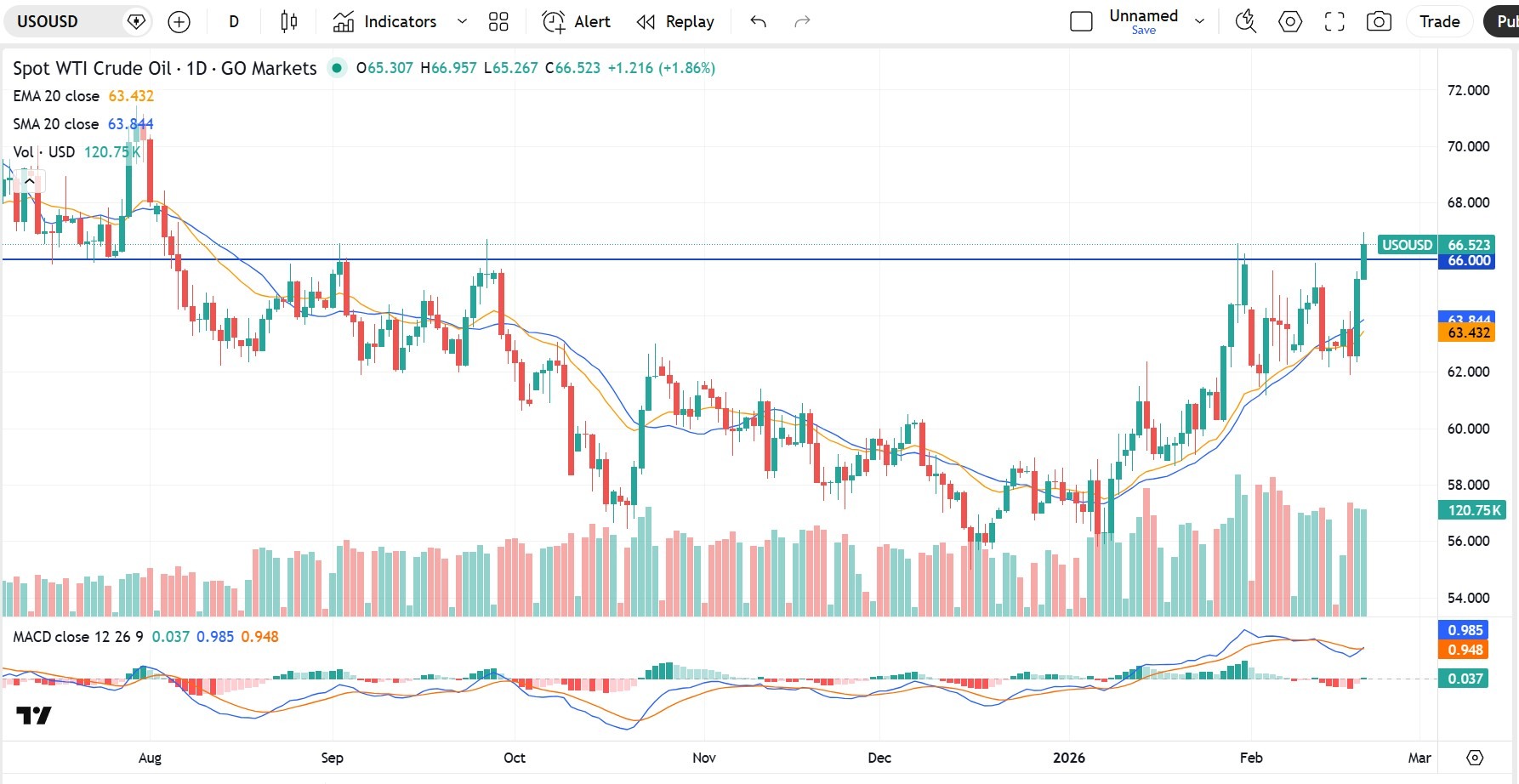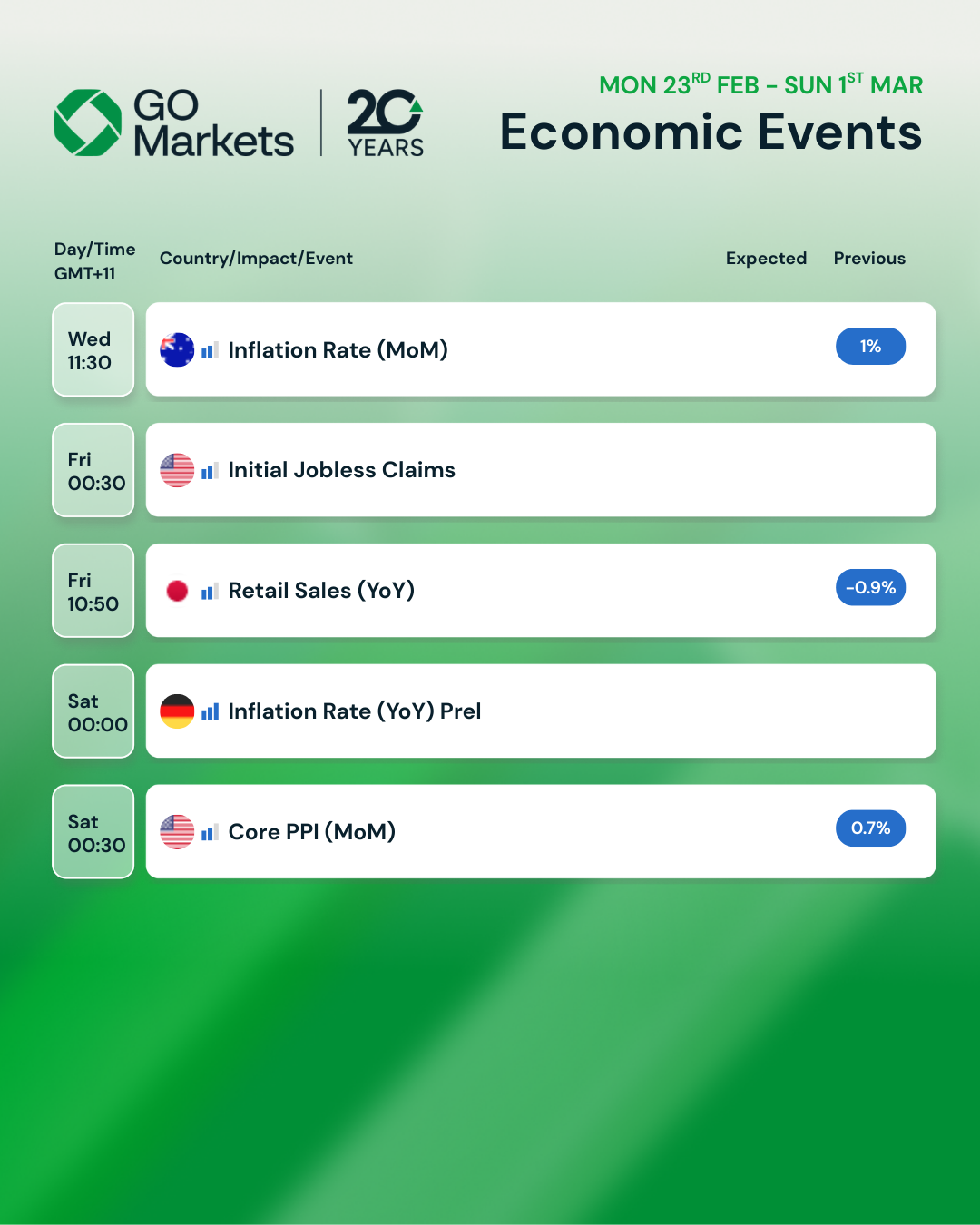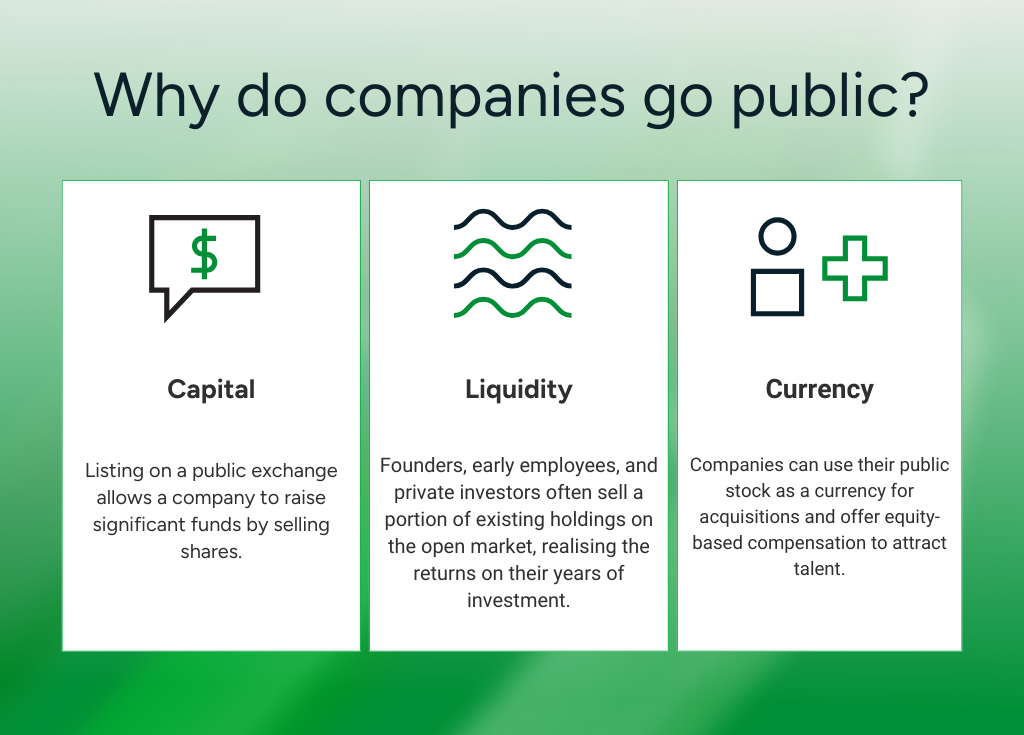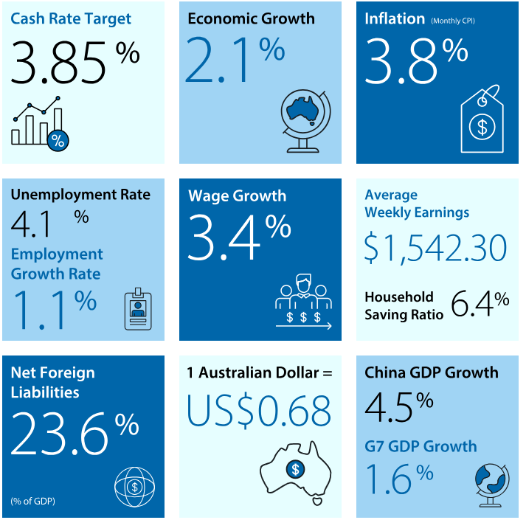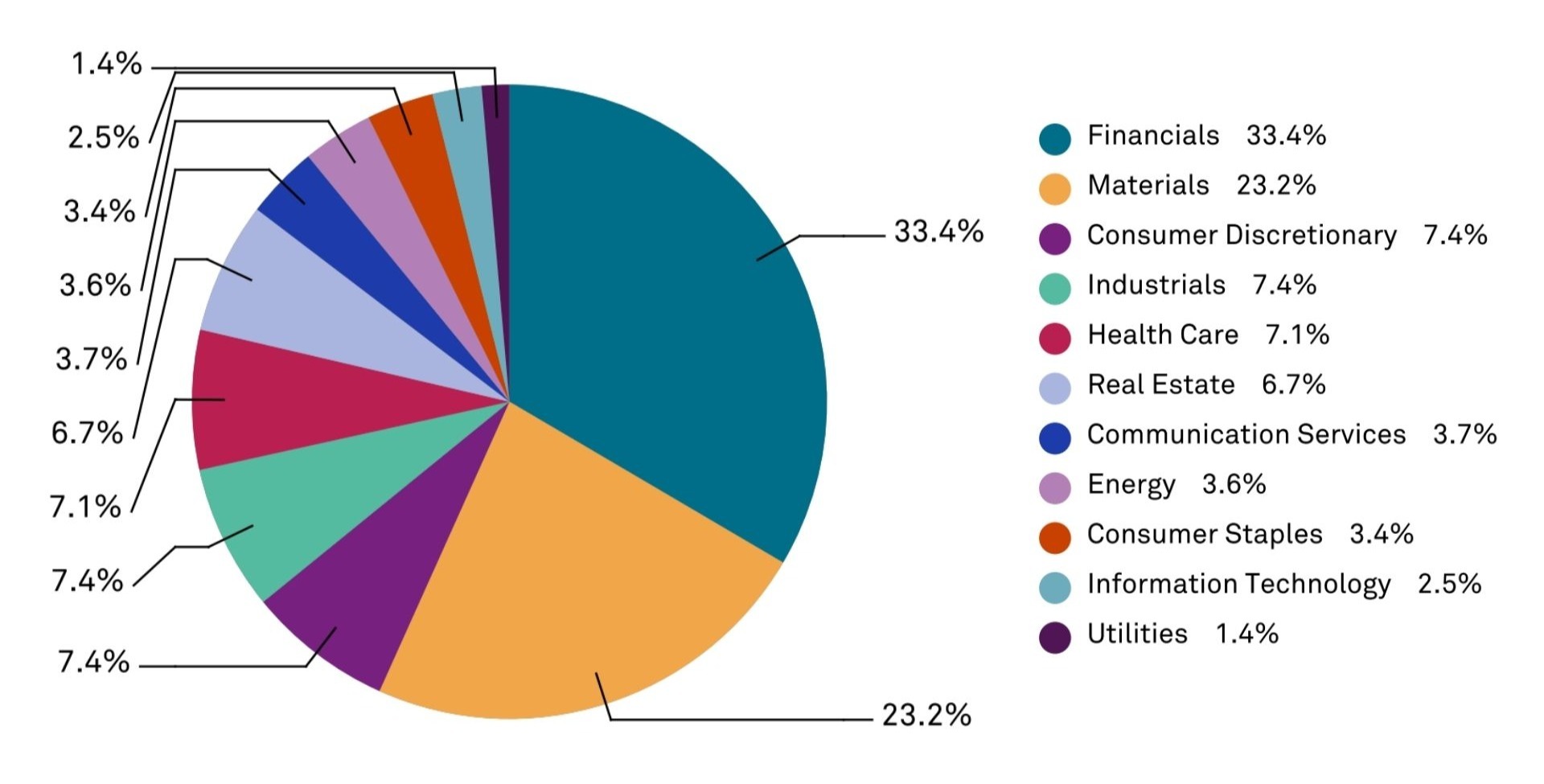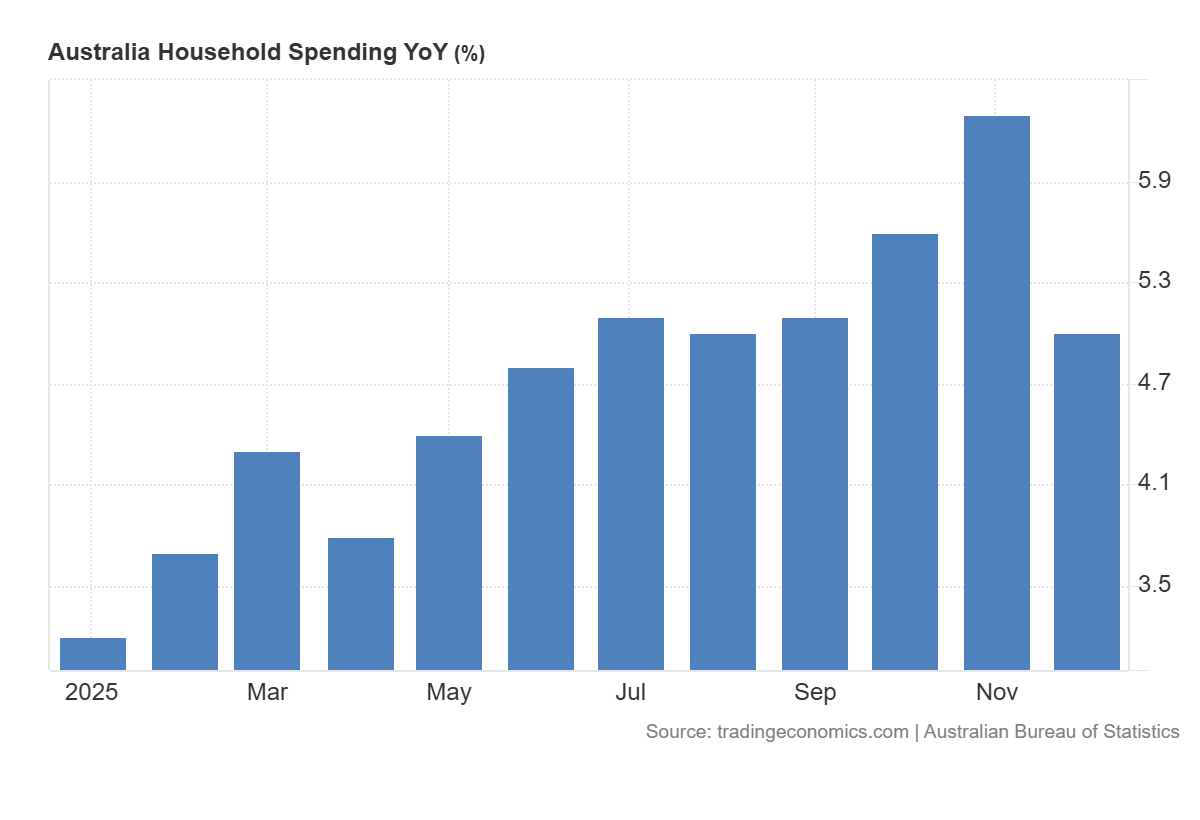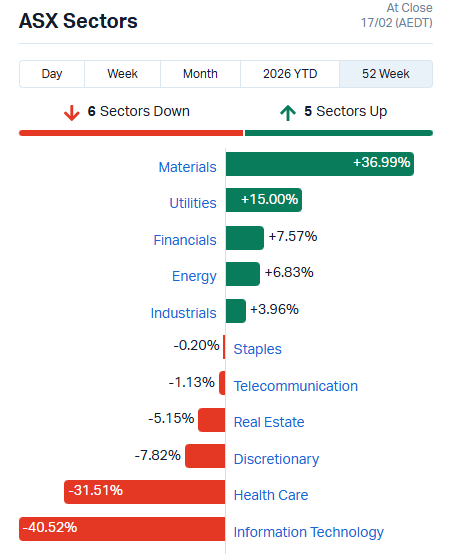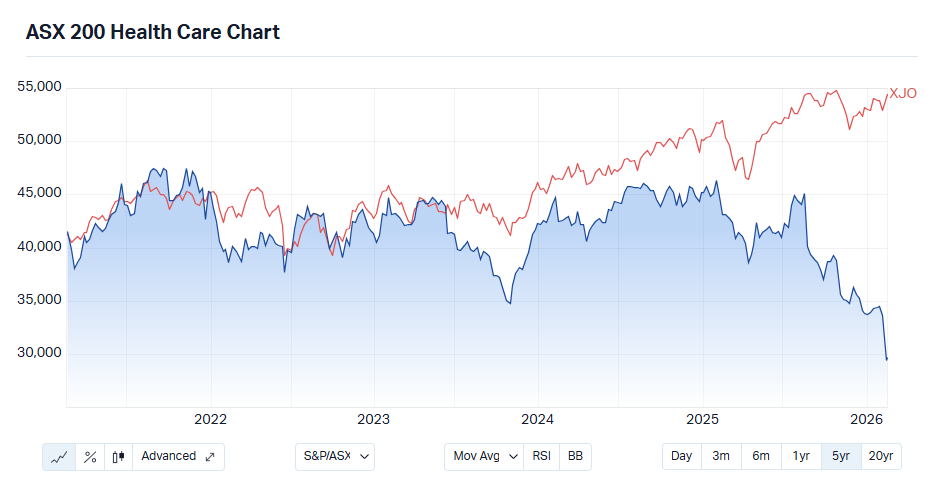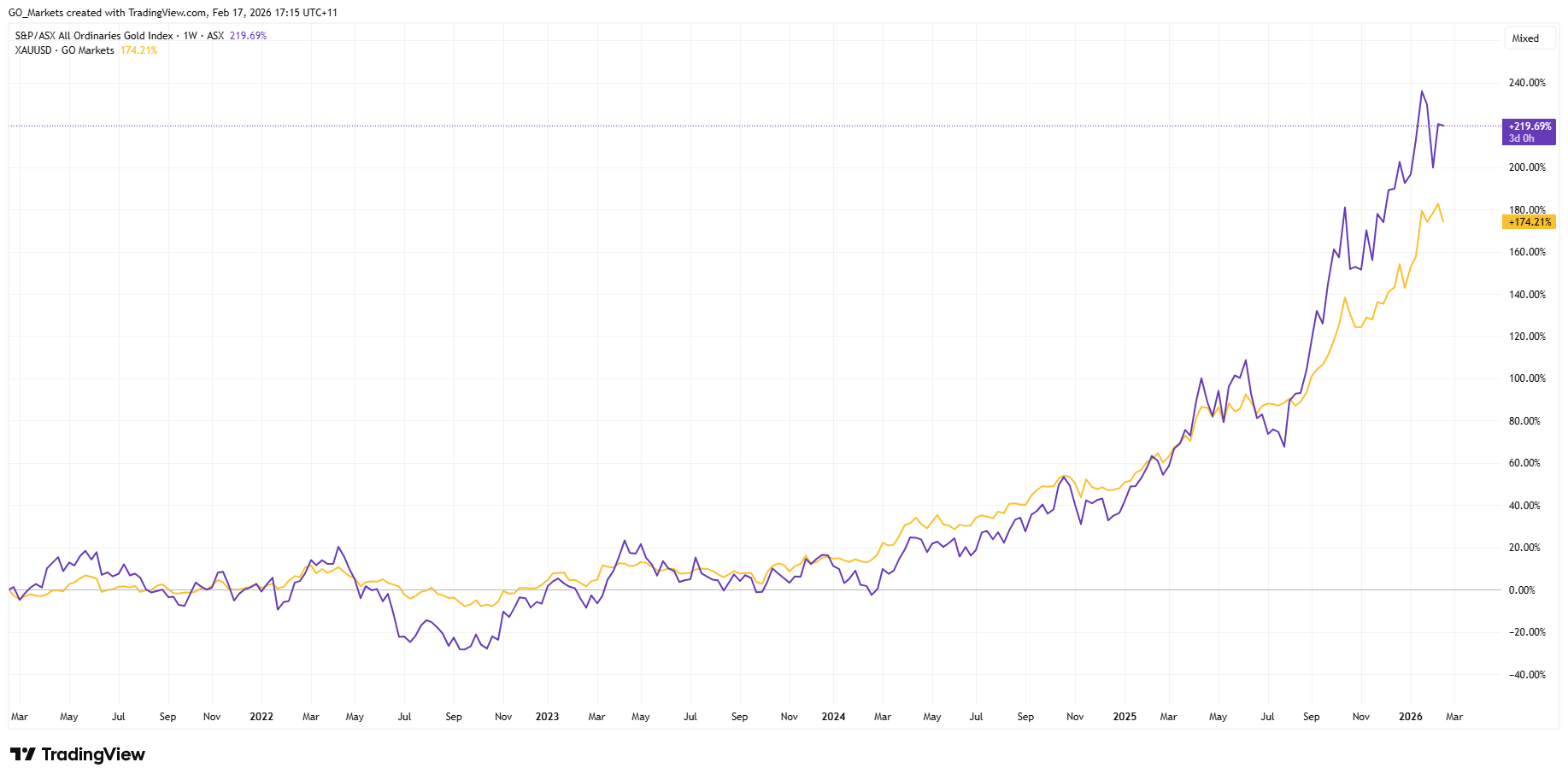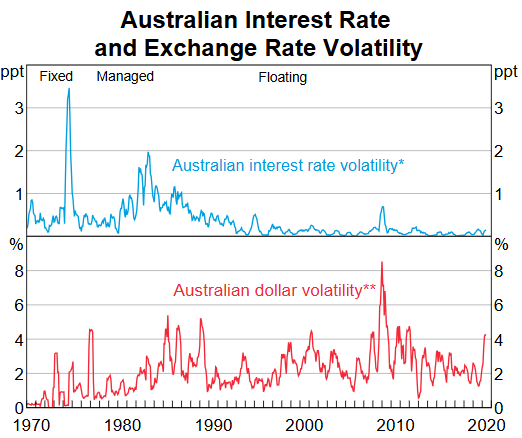Trading terms glossary A - B - C - D - E - F - G - H - I - J - K - L - M - N - O - P - Q - R - S - T - U - V - W - X - Y - Z - L Leverage Leverage lets traders multiply their investment without the need to invest additional capital. e.g. If a broker offers 20:1 leverage, with an investment of $1,000 a trader could open a position of $20,000. It is important to note that leverage amplifies both profits and losses, it is critical this be factored in when determining risk and potential losses.
Liabilities Liabilities are a companies debts and financial obligations represented on its balance sheet. This is critical in determining the value of a company when potentially investing and liabilities offset company assets. Limit orders Limit orders execute a trade at a particular level that is more favorable than the marketing price at that time.
Limit down / limit up Limit down is the maximum amount a commodity future may decrease, while limit up is the maximum amount one may increase, in a single trading session. Liquidity (Market liquidity) Liquidity is used in finance to describe how easily an asset can be traded. When there is a high volume of active traders of an asset, there is high liquidity, and it is easier to find buyers and sellers for that asset.
Low liquidity markets can be difficult to trade, as there may not be many buyers and sellers willing to trade at an agreeable price. London Interbank Offered Rate (LIBOR) LIBOR is a daily reference rate based on the interest rates at which banks borrowed unsecured funds from other banks in the London interbank market, however LIBOR is being gradually discontinued. USD-LIBOR has been replaced by SOFR (Secured Overnight Financing Rate) and GBP-LIBOR has been replaced by SONIA (Sterling overnight index average).
Long "Going long" refers to taking a position that makes profit if an asset’s market price rises. Also referred to as "taking a long position". Lot A lot is a standardised group of assets that is traded instead of a single asset.
In the futures markets, lots are referred to as "contract sizes".





